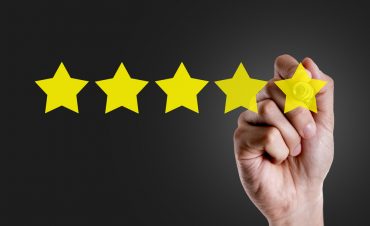
Applications based on the patent will allow both practitioners and users the chance to scale and customize based on health outcomes.
The therapeutic use of psychedelics has begun its entry into the mainstream, and a new patent to create VR experiences specifically for the use of psychedelics in mental health is one more step on the path.
The therapeutic potential of psychedelic medicines at least partially depends on an effective preparation phase to ensure that patients are in the right mindset and in beneficial surroundings in order to create a positive experience, which is often referred to as set and setting. VR programs allow practitioners to better prepare and guide patients through their experiences and allow them to optimize therapeutic approaches with psychedelic medicines.
Patent helps leverage VR for long-lasting results
Resurgent Biosciences, a subsidiary of Goodness Growth Holdings, filed for patents this week on an expansive VR experience designed to guide patients through the experience. Based on a patent, such as solution could help practitioners better guide users through the experience and create a consistent experience from patient to patient.
The company identified a need for a scalable platform, particularly one that allows practitioners to administer the medications remotely. Researchers also intend the suite of tools to work alongside practitioners during the extensive preparation period.
Ensuring the right mindset for the treatments
Psychedelics may be catching on, but a significant portion of their effectiveness involves patient mindset and comfort. A customizable VR program allows practitioners to work with patients in a highly controlled environment, potentially extending the benefits and experience far beyond the dosage.
Resurgent will work with Chicago-based VR development firm Cubicle Ninjas, a company well-versed in developing VR applications for healthcare and wellness. Together, the two companies will develop:
- A scalable VR platform for the preparation, peak-experience, and post-experience phases.
- A biofeedback research tool designed to collect data from biofeedback signals, as well as predict which patients might benefit the most from the treatments.
- A group integration experience that brings remote users together for all phases of the treatment.
Applications will also allow both practitioners and users the chance to scale and customize based on health outcomes, and the company expects to have working prototypes by the end of the year.




























